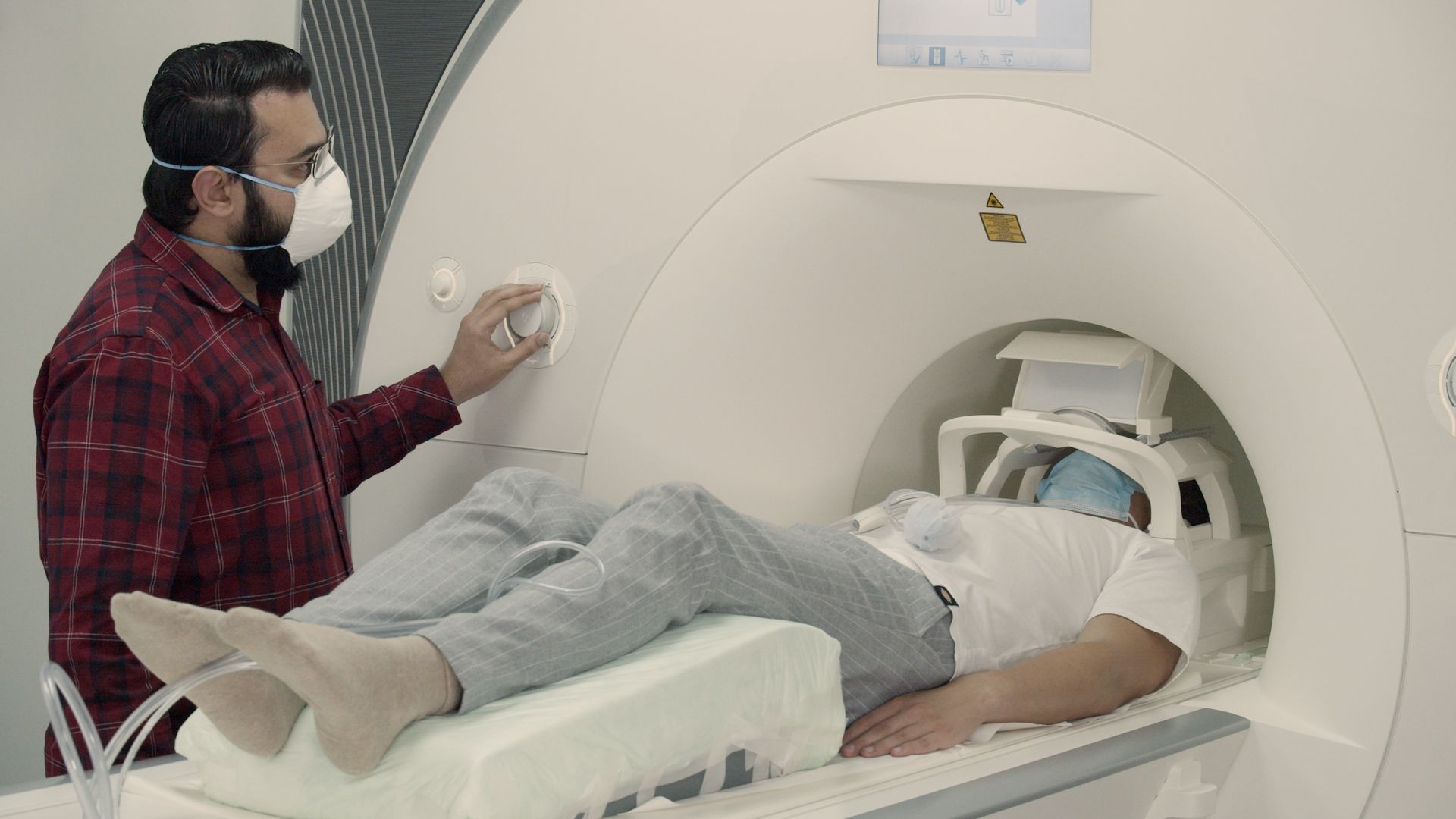Ford brain research aims to keep drivers from zoning out
Add Axios as your preferred source to
see more of our stories on Google.

Ford brain-scanning research. Photo: Ford
Ford is working with neuroscientists to develop brain-scanning technology that can more quickly detect when drivers are getting tired or distracted.
Why it matters: It's crucial that drivers stay engaged behind the wheel, even as cars become more automated. But there's mounting evidence that people get complacent using driver-assistance features like Tesla Autopilot, which is why federal safety regulators are investigating the systems.
- “The brain processes huge amounts of information when we are driving, but that may change as driver assistance technologies do some of the driving for us," said Stefan Wolter, research engineer, Research and Advanced Engineering, Ford of Europe.
- "Drivers also get tired and their minds can wander. Identifying more quickly when this happens could be of critical importance," he added.
Driving the news: Ford scientists in Europe are working with medical researchers at Uniklinik RWTH Aachen in Germany to map brain patterns to driver’s reactions.
- Ford hopes that by identifying the brain responses that reveal lapses in concentration, it may then be possible to match the scans to physical changes in heart rate or breathing, for example.
- A change in heart rate detected via wearable technology, for example, could then trigger an alert for the driver to pay attention.
How it works: Study participants complete a driving simulation while their brain activity is scanned by an MRI machine. A mirror allows them to see the simulation on a screen inside the MRI machine.
- The scenario, designed using gaming technology, involves a three-lane highway at night where a vehicle in the middle lane brakes suddenly and the participant has to take over and move the car to the left or right, using a handheld device.
- The MRI machine scans the brain before and during these actions, while the researchers measure how quickly the participant reacts and if they make the right decision.
- They also monitor changes to heart rate, breathing rate and other physiological measures.
What they're saying: "We believe that by capturing this data we could one day be able to generate unique physiological driver fingerprints so that drivers of the vehicles of the future can be prepared to react and to intervene immediately in case it is required," said Professor Klaus Mathiak M.D. Ph.D., head of Psychoneurobiology and lead consultant for Psychosomatic Medicine, Uniklinik RWTH Aachen.
